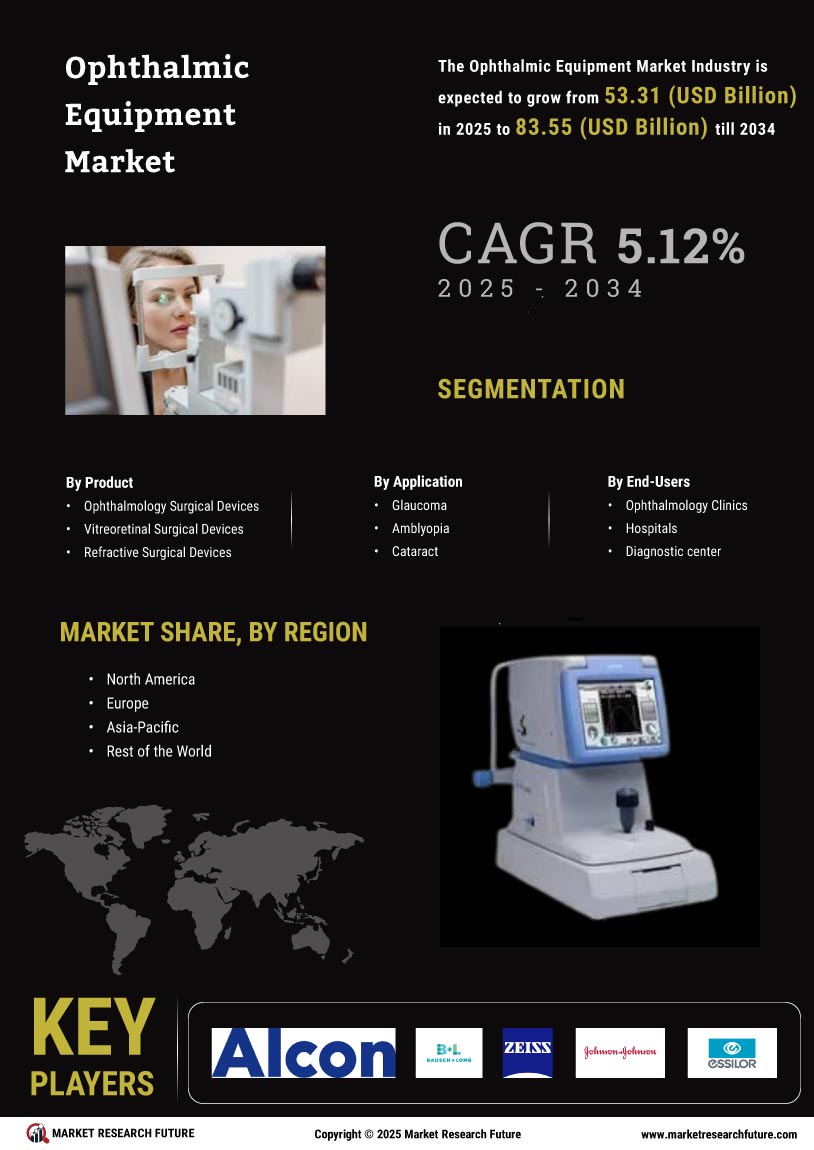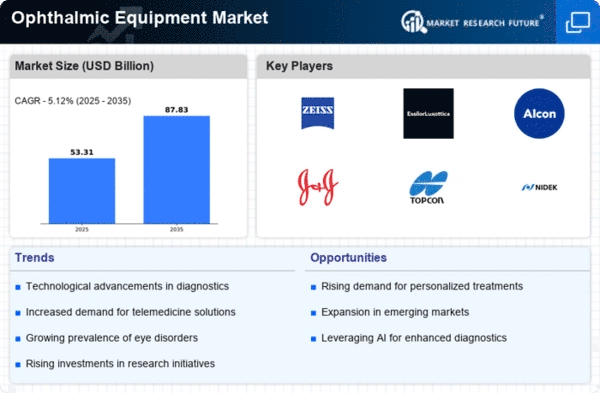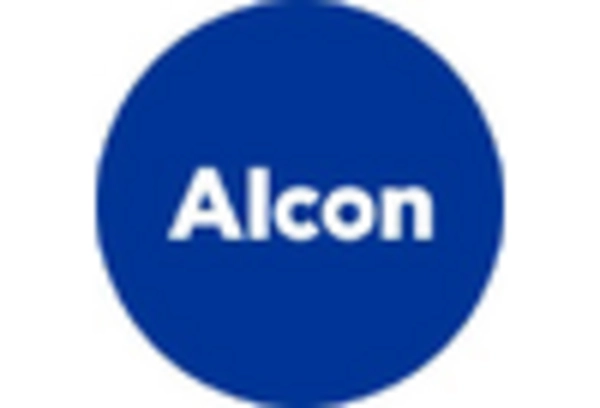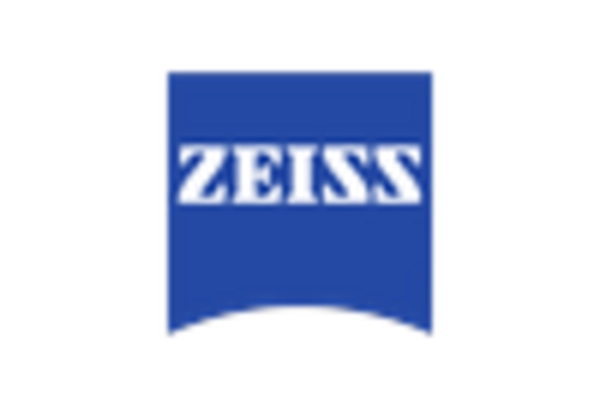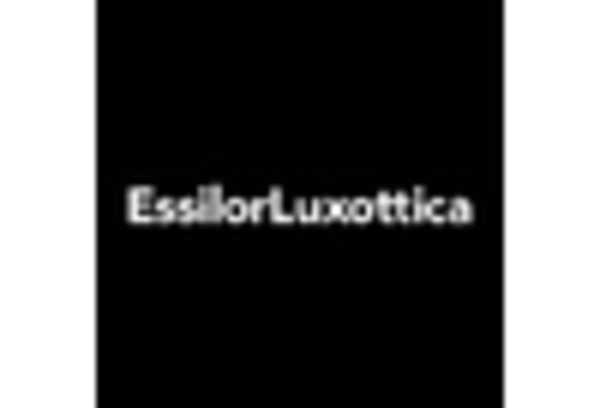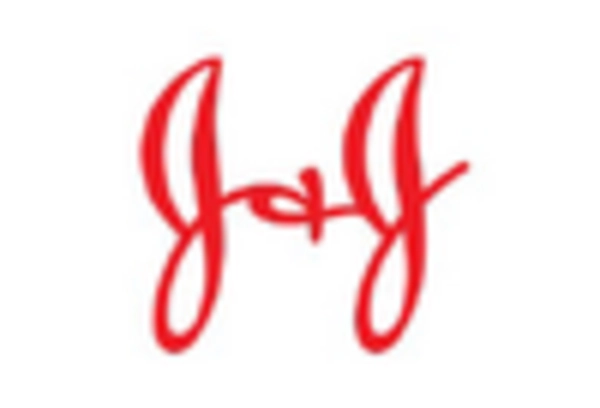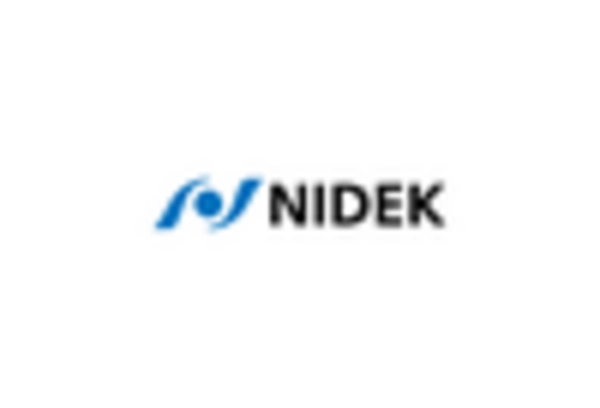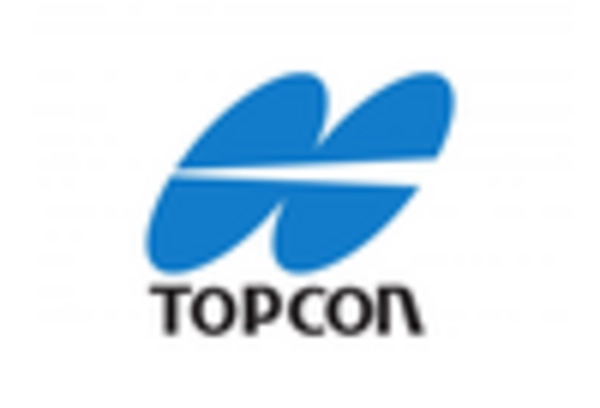Research Methodology on Ophthalmic Equipment Market
The research methodology employed in this report is split between qualitative and quantitative approaches. Qualitative methods include market research surveys, interviews and focus groups. Quantitative methods included market size estimations, economic and historical data analysis and forecasting models.
Qualitative
Market Research Survey
This report uses a combination of both primary and secondary research conducted in order to obtain the best picture of the ophthalmic equipment market. The primary data include quantitative and qualitative questions regarding the competitive landscape, product offerings, usage levels and preferences, competitive dynamics and user experiences. The survey was conducted with over 500 respondents worldwide and provided insights into key market drivers and trends.
Interviews
Expert interviews were conducted to gain further insight into the market size, trends and usage levels of the market and user experience of existing products and services. The interviews were conducted with professionals from the industry and provided an in-depth understanding of the market.
Focus Groups
Focus groups were conducted with customers to gain further insights on usage levels, preferences and experiences. The focus groups provided a first-hand account of the market, giving insight into product features and the experiences of users.
Quantitative
Market Size Estimations
The report used a mixture of industry data, statistics, literature review and economic models to estimate the size of the ophthalmic equipment market. Sources included online surveys, company industry reports, academic literature, and third-party sources.
Economic and Historical Data Analysis
The research methodology used in this report also includes a detailed and in-depth analysis of economic and historical data to gain further insight into the market size and potential revenue opportunities. Sources include government and trade associations, public and private companies, academic literature, and other third-party sources.
Forecasting Models
Lastly, the research methodology used in this report includes the use of forecasting models such as the Delphi method and SFA to estimate future growth and trends. These models took into account current and historical data, economic and demographic trends, and industry information to analyze the future of the ophthalmic equipment market.
Conclusion
The research methodologies used in this report show a clear and comprehensive analysis of the ophthalmic equipment market size and potential growth opportunities. Through an equal blend of qualitative and quantitative research, a solid understanding of the market and users’ experiences can be obtained. With these research methods, solid industry forecasts and trends can be generated, giving a solid indication of the overall success of the ophthalmic equipment market. It is only with a thorough research methodology that a clear and accurate picture of the overall market can be developed.
